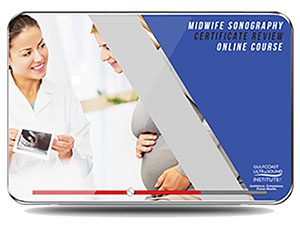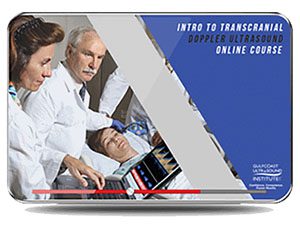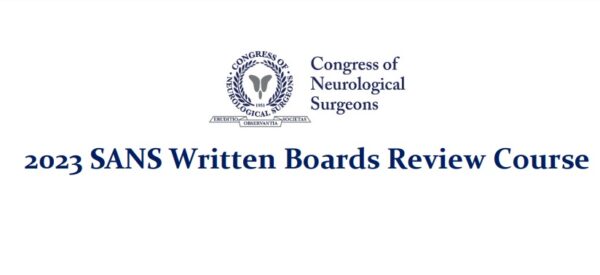Description
Videos +PDFS
Original release date: May 3, 2024
Course Description
Multiple revisions and updates have recently been created for the standardized reporting and classification of cytologic samples from non-neoplastic and neoplastic processes involving the pancreatobiliary tract, liver, thyroid, head and neck (including salivary gland), urine, kidneys, adrenal gland, serous fluids, lung and soft tissue. These standardized reporting schemes provide a framework for the consistent categorization of cytopathology reports and allow cytopathologists to convey clear and consistent diagnostic information, in language uniformly understood by pathologists and clinicians the world over. New developments in the diagnosis, grading and nomenclature are not fully appreciated in the community, often leading to errors in diagnosis and delayed or inappropriate patient management. This case-based course illustrates new guidelines, practical clues, daily challenges, diagnostic pearls and pitfalls, as well as the proper handling of specimens from these sites along with accurate cytologic diagnosis of neoplasms, as well as their distinction from, key cytomorphologic mimics. This course emphasizes the new guidelines (including WHO), pearls, and common pitfalls and offers pathologists a unique perspective into the key diagnostic cytomorphometric signatures of common entities, which they can apply to daily signout in any practice setting.
Target Audience
Practicing academic and community pathologists, and pathologists-in-training
Learning Objectives
Upon completion of this educational activity, learners will be able to:
- Learn new concepts and terminological guidelines in the cytologic classification of neoplastic and non-neoplastic lesions from multiple sites including lung, mediastinum, bone and soft tissue, serous fluids, pancreatobiliary tract, liver, genitourinary tract, adrenal, thyroid, salivary gland and head and neck region.
- Learn when and how to integrate clinical findings and ancillary tests in precise cytologic diagnosis of lesions from these sites.
- Recognize the limitations and pitfalls in using/interpreting ancillary studies in the cytologic diagnosis of neoplastic and non-neoplastic lesions in the lung, mediastinum, bone and soft tissue, serous fluids, pancreatobiliary tract, liver, genitourinary tract, adrenal, thyroid, salivary gland and head and neck region.
- Use an algorithmic approach to the differential diagnosis for cystic and solid neoplasms in the lung, mediastinum, bone and soft tissue, serous fluids, pancreatobiliary tract, liver, lung, mediastinum, bone and soft tissue, serous fluids, pancreatobiliary tract, liver, genitourinary tract, adrenal, thyroid, salivary gland and head and neck region.





